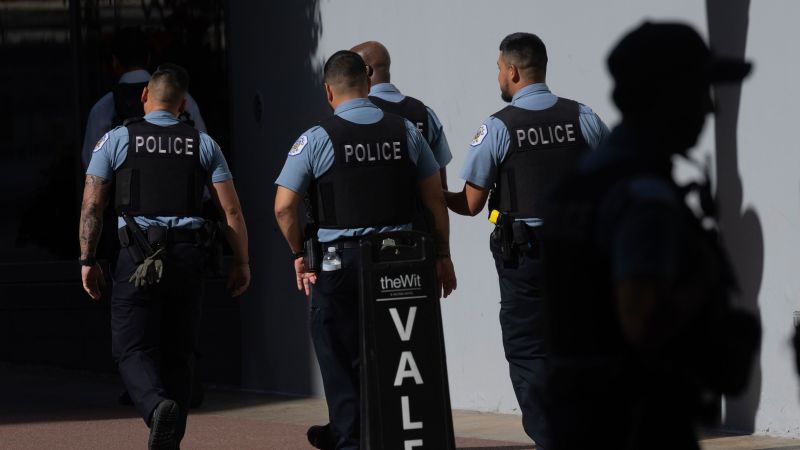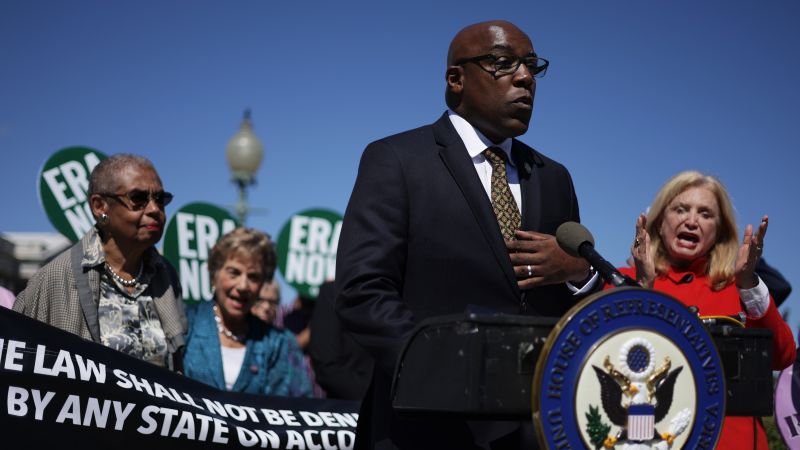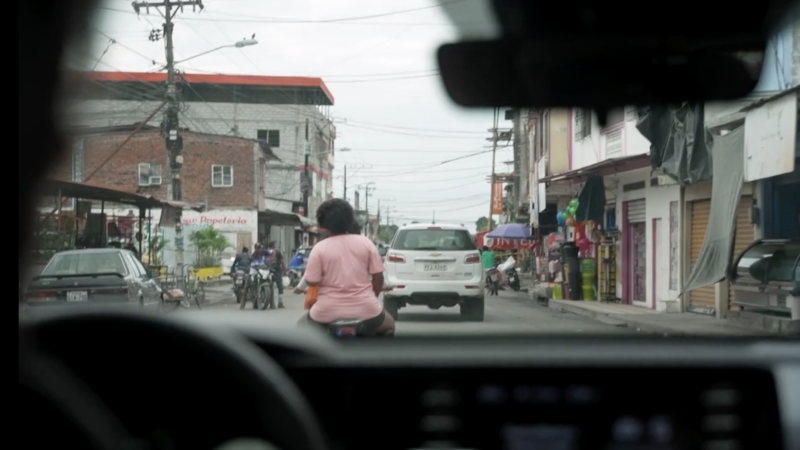
Chicago Residents Navigate Crime-Fighting Efforts Amidst Mixed Sentiments
Opinion | 9/2/2025
Chicago residents are expressing mixed sentiments as they navigate the complex issue of enhancing crime-fighting efforts while wary of potential consequences. While acknowledging a reduction in violent crime rates, some residents are apprehensive about the potential ramifications of deploying the National Guard in the city. Concerns have been raised about the impact such a deployment could have on the current positive trend in crime reduction.
One resident, speaking on condition of anonymity, stated, “We appreciate the support in combating crime, but we are cautious about the introduction of the National Guard. It raises questions about the long-term effects on community relations and the potential militarization of law enforcement.” This sentiment reflects a broader sentiment among some residents who value community policing and fear a shift towards a more militarized approach.
Conversely, other residents are open to additional assistance in tackling crime but emphasize the importance of maintaining a delicate balance. “We welcome additional resources to address crime in our neighborhoods, but it is crucial that any intervention is done in collaboration with local law enforcement and community organizations,” remarked a community leader involved in crime prevention initiatives.
The debate surrounding the potential deployment of the National Guard in Chicago underscores the nuanced perspectives within the community regarding crime prevention strategies. While some residents view the prospect with skepticism, others see it as an opportunity to bolster law enforcement efforts. As the discussion continues, finding a consensus that addresses both the desire for enhanced safety and concerns about the approach taken remains a key challenge for policymakers and community leaders.
Amidst these differing viewpoints, the overarching goal for Chicago residents remains the same: ensuring the safety and security of their communities. Balancing the desire for additional support in combating crime with apprehensions about the form that assistance may take presents a complex dilemma that requires careful consideration and collaboration among all stakeholders involved in maintaining public safety.


